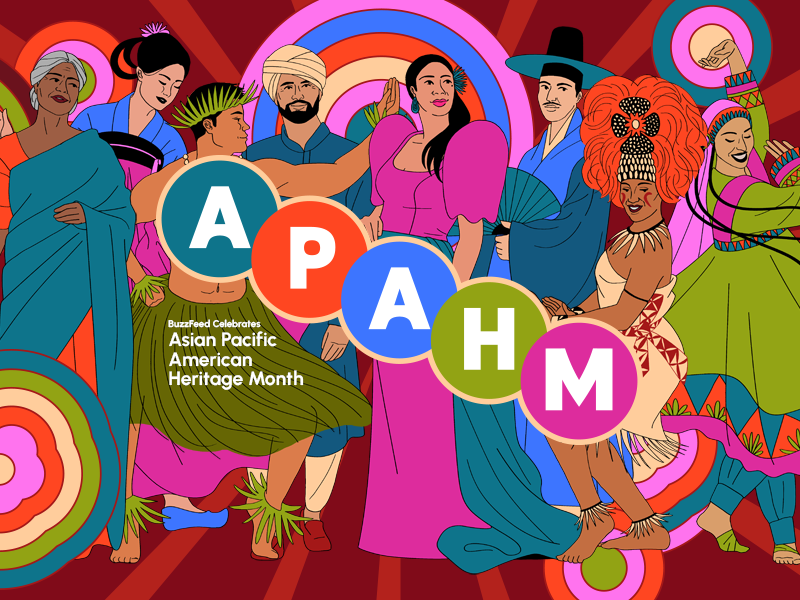As A Samoan Woman, I Am Begging Non-Polynesians To Stop Getting Polynesian Tattoos
Hi! I'm Morgan, and I'm a 30-year-old Samoan woman.
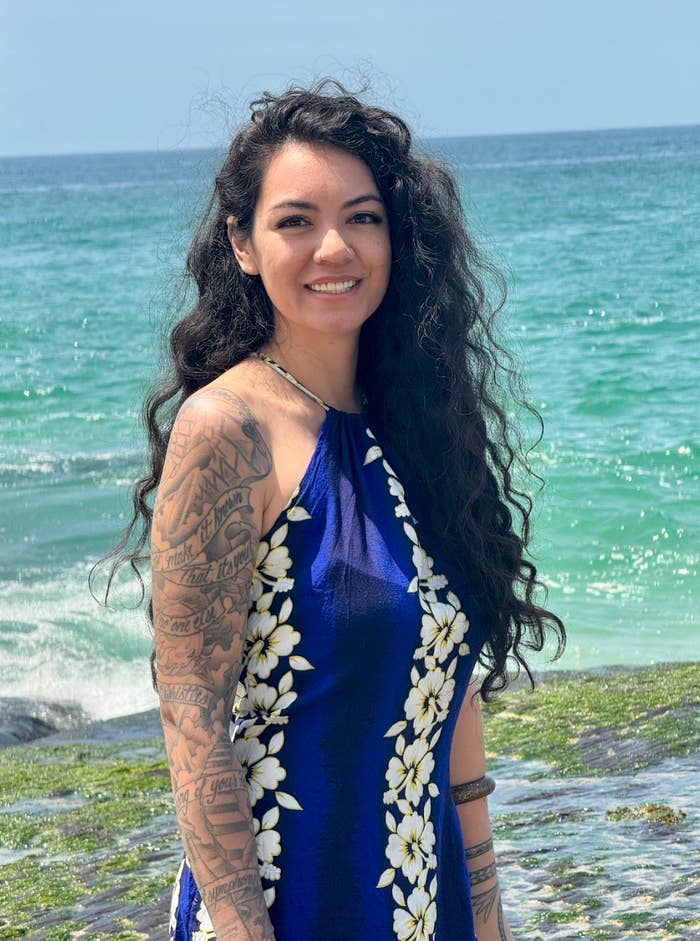
Even if you don't know much about Samoan culture, you've likely seen or heard about our tattoos. Fun fact: the English word "tattoo" actually comes from the Samoan word "tatau!" It's a tradition passed down for thousands of years — surviving time, distance, and colonization.
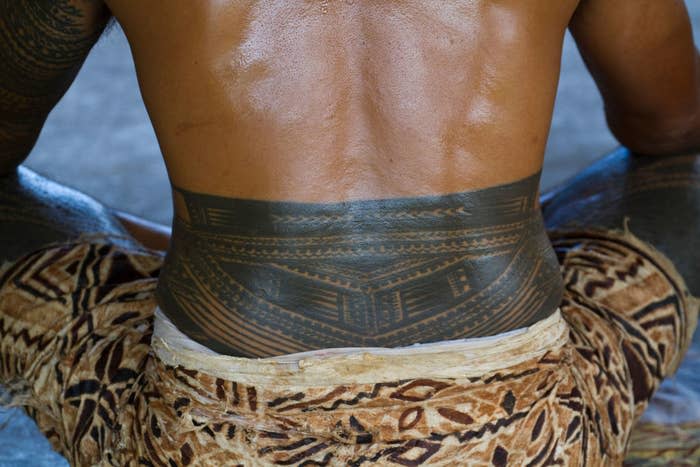
Many island nations have their own unique traditions and designs for tattoos. For example, the Samoan tatau are different than the Native Hawaiian kakau, which are different from the Māori tā moko.
Something that always bothers me is when I come across non-Polynesians with Polynesian tattoos, especially the traditional Samoan ones. Since most people probably won't understand why this is such a big deal, let's dive into the context:
The traditional Samoan tattoo for men is called a pe'a. Done with handmade tools made of bone, turtle shell, and wood, these tattoos are extremely meaningful and often convey a man's identity, lineage, and expectations within his family. Receiving a traditional tattoo is a great honor; it represents a person’s acceptance of their responsibility to their community and celebrates their permanent dedication to the culture.
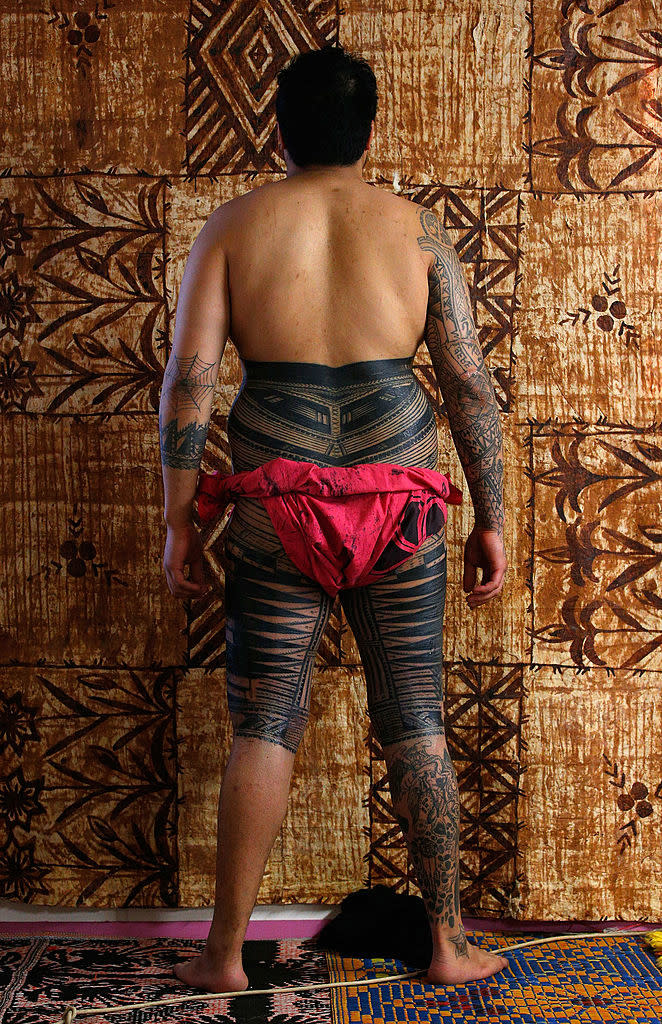
Receiving a pe'a is very painful (moreso than getting a tat with a modern tattoo machine) and usually takes a week to 10 days to complete. Once you begin, you have to finish, or you'll bring shame to your family and village. It's common to undergo the process with a relative or group of loved ones who also get the tattoo. Family members and friends usually sit around you, offering support, food, and songs.
Each symbol and even its location holds meaning. For example, the pe'a is always completed with the belly button as a reminder of the man's connection to his mother, as well his responsibility to honor and respect her for the rest of his days.
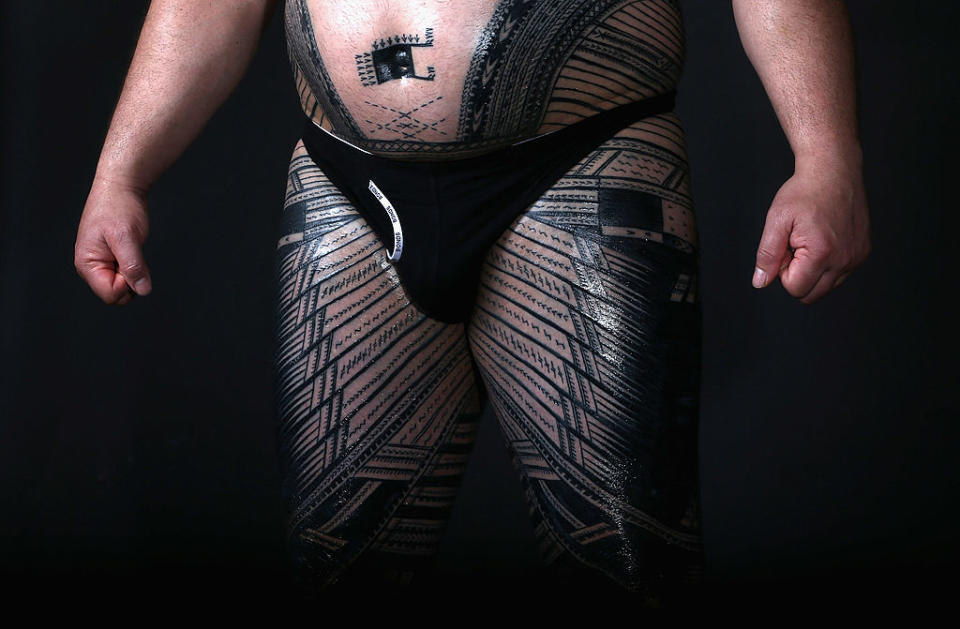
The female equivalent of the pe'a is the malu, which features lighter designs but remains deeply significant. Many people have asked me if I plan to get the malu, but it's not as simple as waking up and deciding I want one, as I would first need to ask permission from my elders. And the tattoo should be an indication of service to my community, but have I done enough to earn it? While I try to use my platform here at BuzzFeed to uplift Pacific Islanders and spread awareness and appreciation of Samoan culture, I'm honestly not sure.
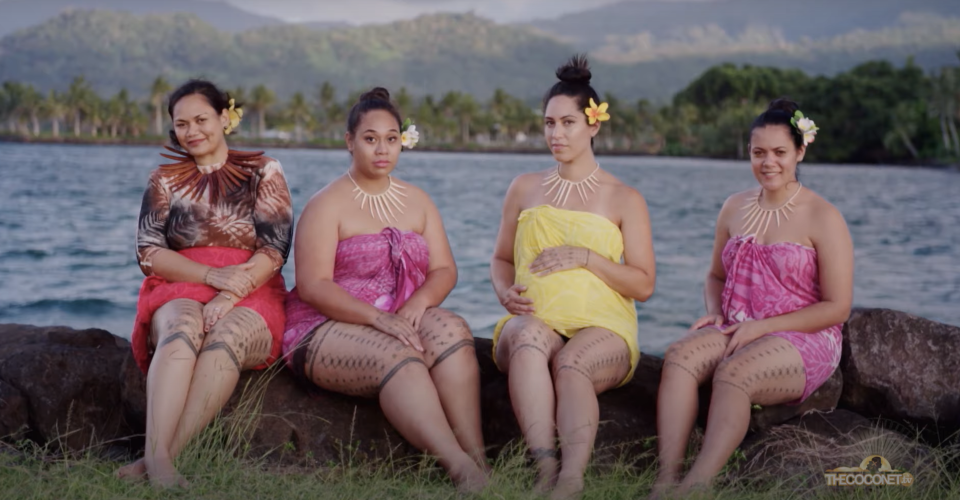
Additionally, receiving the tattoo generally means you accept and will adhere to cultural customs. But I'm unfortunately not fluent in Samoan (though I'm trying to learn!). And possibly due to my upbringing in the US, I have differing opinions on certain traditions. So, I just don't know if it would be fitting for me to get the malu. Though it would be an honor to wear our sacred markings on my thighs, the last thing I want to do is disrespect my culture in any way.
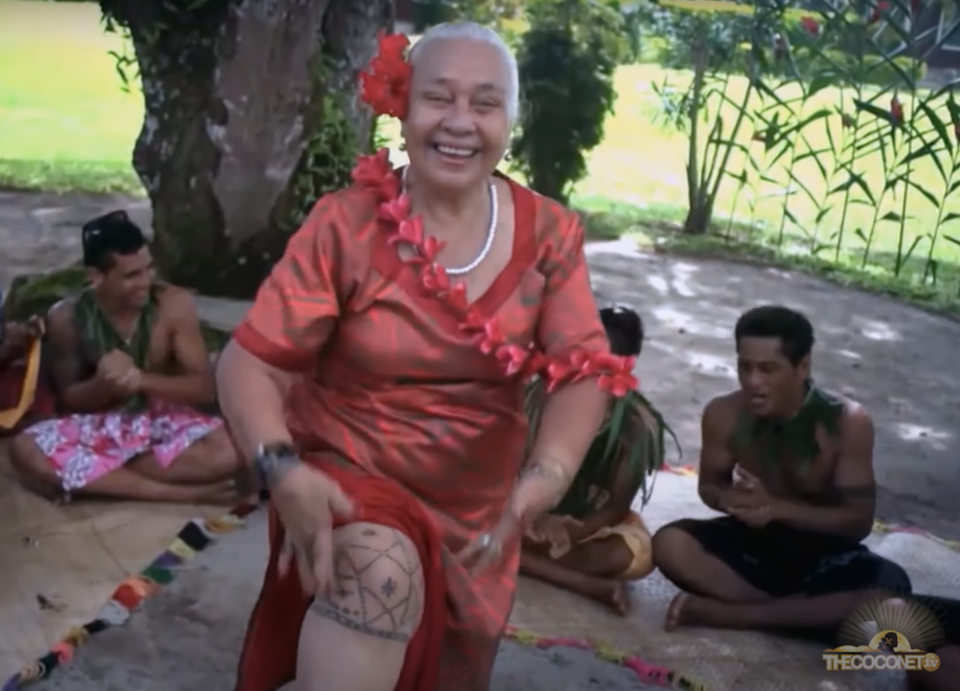
And that’s precisely the cultural context that non-Samoans are missing. If they knew how sacred the traditional tattoos are and the ways they symbolize family and service to the Samoan community, they would hopefully understand why we disapprove of random people getting them.
In my opinion, the pe’a or malu is the worst cultural practice you can steal from Samoans. But I don't approve of non-Polynesians getting the modern tattoos either — though Polynesians are not a monolith, and some might have different views on this depending on their upbringing and island. Done with a tattoo machine, the modern tats are the ones people are probably most familiar with as they’re part of many Polynesian cultures and can be done on many parts of the body. Every symbol still has meaning, passed down from our ancestors to us, so it just doesn't make sense for non-Polynesians to wear them on their skin.
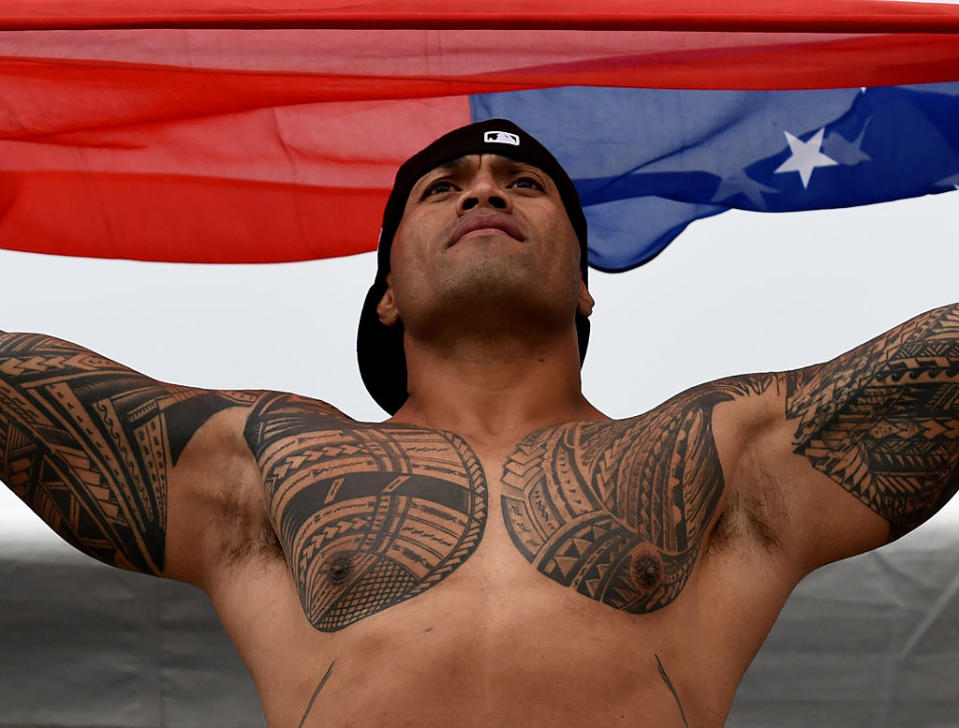
Even celebrities have appropriated our tattoos. On an episode of The Voice Australia, judge Jason Derulo, who's Haitian, seemingly tried to connect with a Samoan contestant by showing off his tattoos.
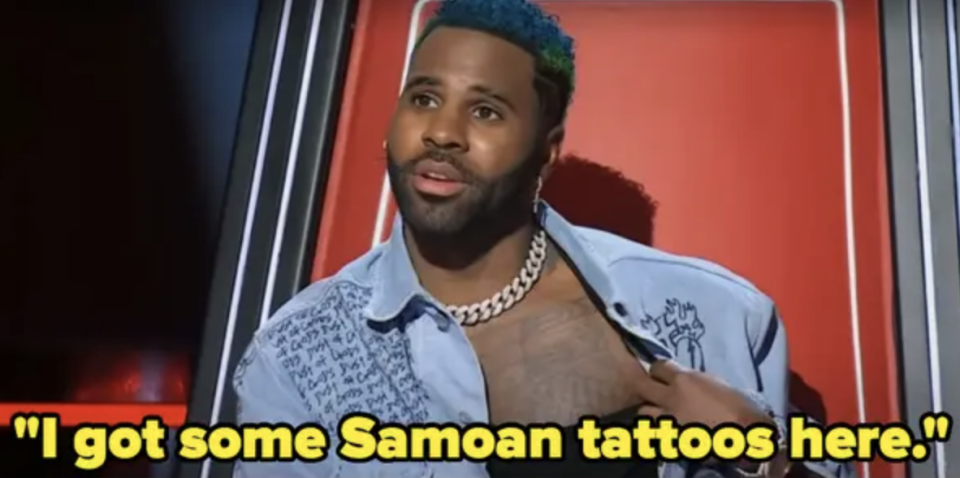
Over on Reddit, there are tons of examples of non-Polynesians asking if they can get our tattoos. But I think people forget the history that comes along with them. When the South Pacific was colonized in the 18th and 19th centuries, missionaries banned tattooing practices altogether across many islands, calling it "savage." Some knowledge was lost forever. Samoa was one of the only islands that maintained the practice, and we were instrumental in the resurgence of other islands' tattoos in recent years. Now that Polynesian tattoos are considered cool, everyone wants one? I don't think so.
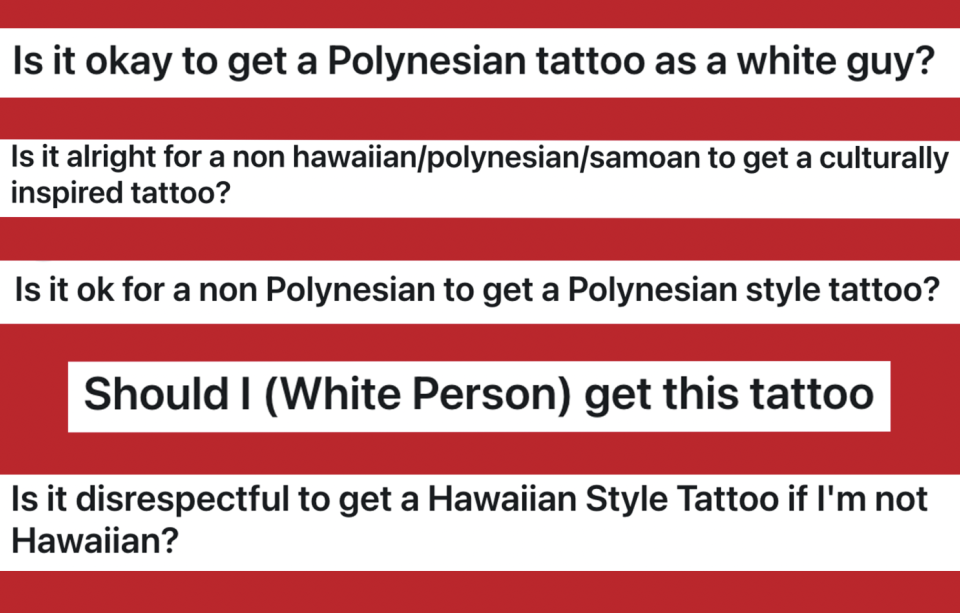
Though I'm unsure if I'll ever get the malu, I do have a few of the modern tattoos. My favorite is the one that wraps around my wrist because my mom and brother got their arms done, too. Such a special memory that I cherish!
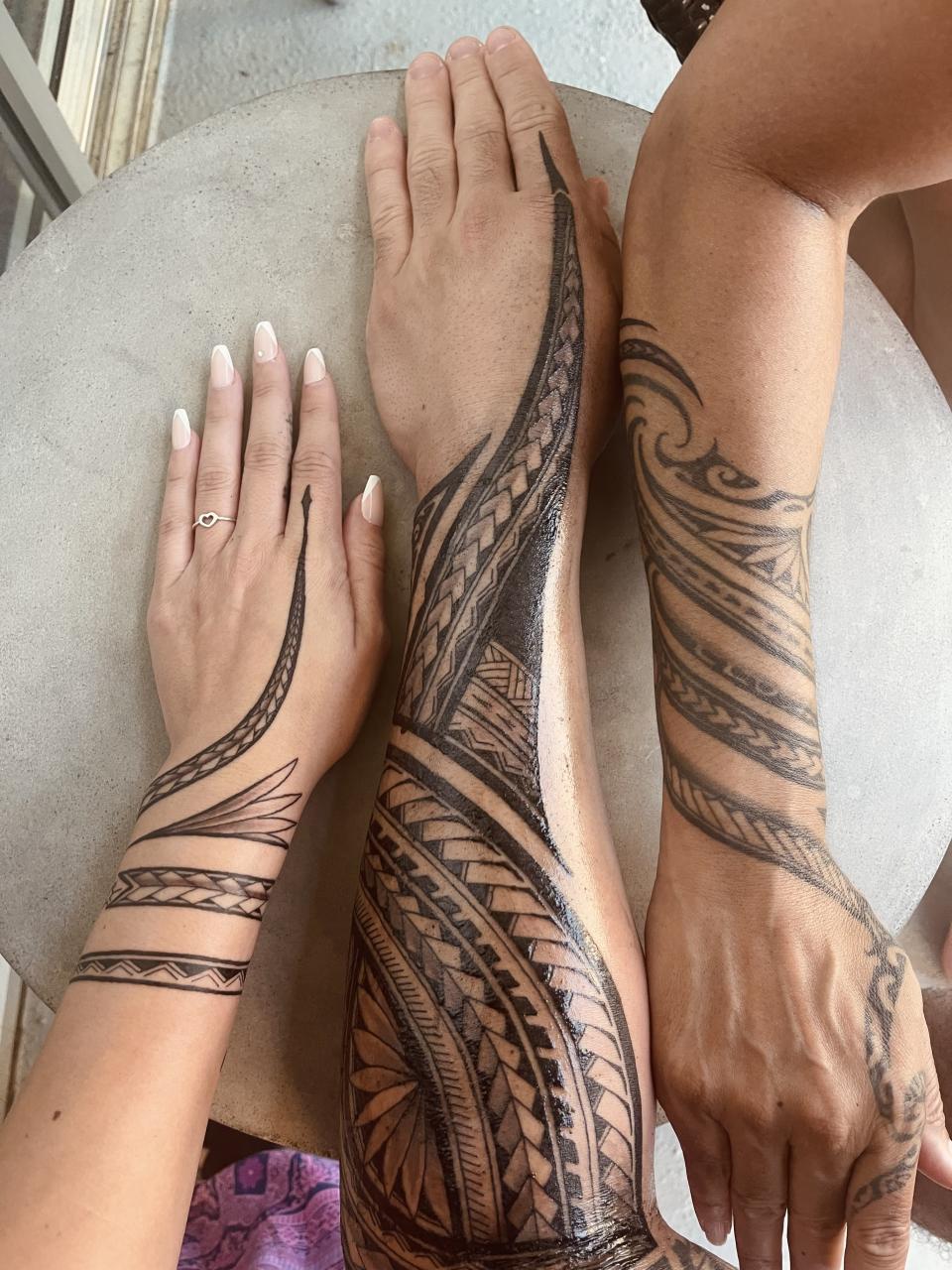
Each of the symbols can hold multiple meanings. For example, spearheads can represent the warrior, the fisherman providing for his family, courage, and more. My tattoo represents protection, direction, purpose, and staying grounded.

Polynesian tattoos are a beautiful way to connect us with our heritage and ancestors, and I'm so proud to keep my culture with me always. But our tattoos are just that: ours. It's imperative they remain that way — lest they lose their meaning altogether.
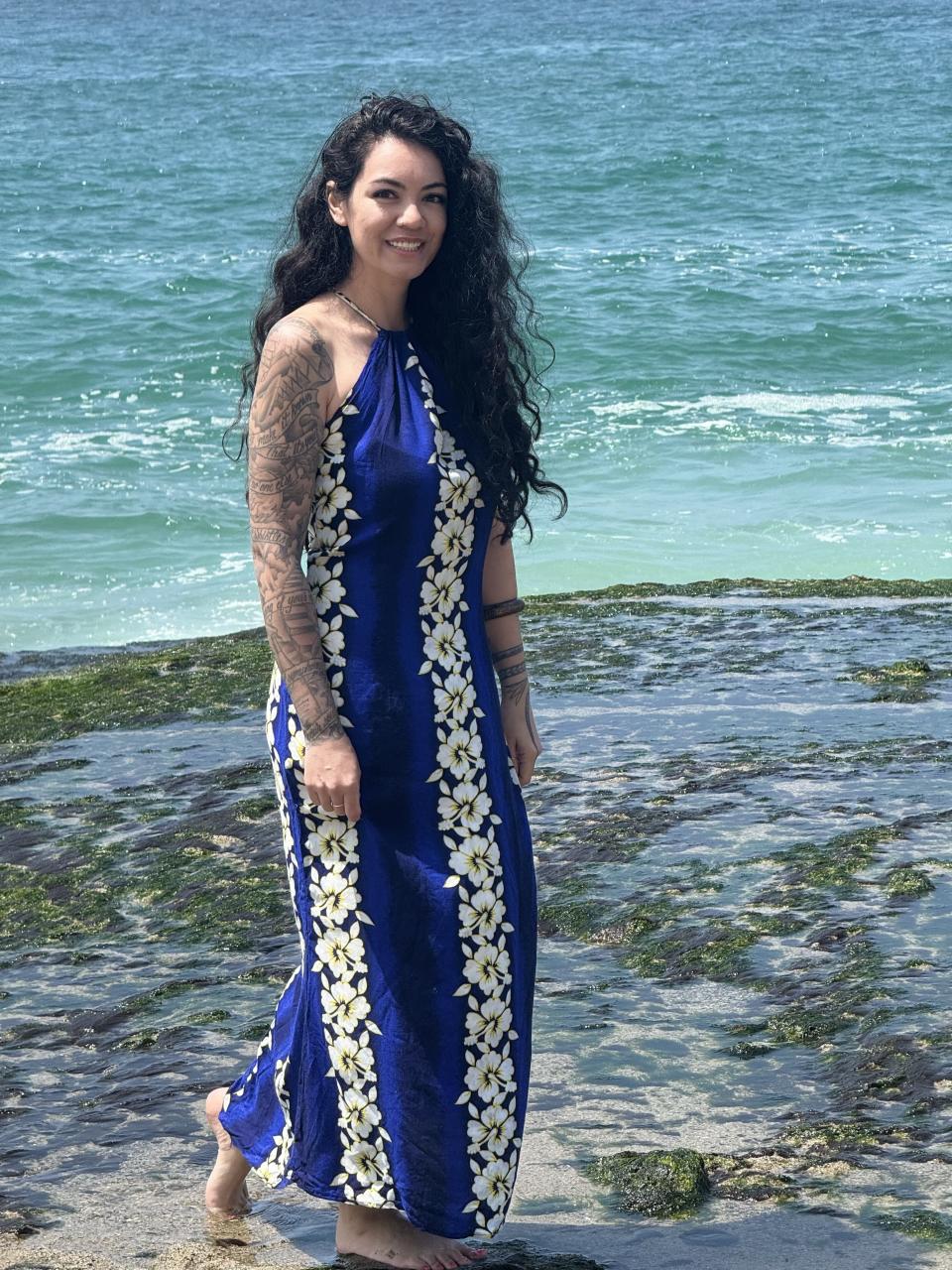
Check out more API-centered content by exploring how BuzzFeed is celebrating Asian Pacific American Heritage Month! Of course, the content doesn't end after May. Follow BuzzFeed’s A*Pop on Instagram, TikTok, and YouTube to keep up with our latest API content year-round.
